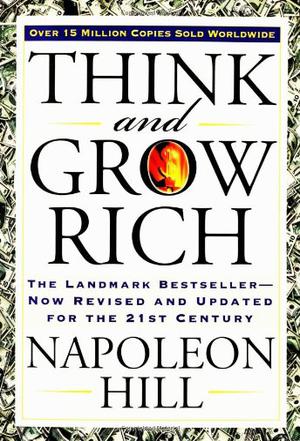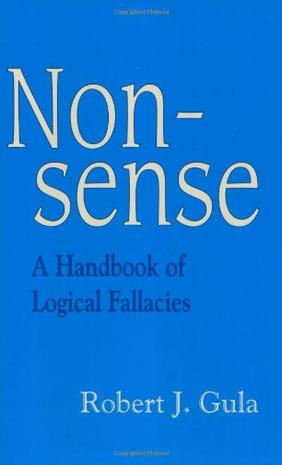欢迎来到相识电子书!
标签:think
-
Mindstorms
A history of freedom in Western culture traces the evolution of this cherished idea from ancient times to the modern day. Reprint. National Book Award winner. NYT. -
Think and Grow Rich
在线阅读本书 The bestselling success book of all time is updated and revised with contemporary ideas and examples. Think and Grow Rich has been called the "Granddaddy of All Motivational Literature." It was the first book to boldly ask, "What makes a winner?" The man who asked and listened for the answer, Napoleon Hill, is now counted in the top ranks of the world's winners himself. The most famous of all teachers of success spent "a fortune and the better part of a lifetime of effort" to produce the "Law of Success" philosophy that forms the basis of his books and that is so powerfully summarized in this one. In the original Think and Grow Rich , published in 1937, Hill draws on stories of Andrew Carnegie, Thomas Edison, Henry Ford, and other millionaires of his generation to illustrate his principles. In the updated version, Arthur R. Pell, Ph.D., a nationally known author, lecturer, and consultant in human resources management and an expert in applying Hill's thought, deftly interweaves anecdotes of how contemporary millionaires and billionaires, such as Bill Gates, Mary Kay Ash, Dave Thomas, and Sir John Templeton, achieved their wealth. Outmoded or arcane terminology and examples are faithfully refreshed to preclude any stumbling blocks to a new generation of readers. -
Nonsense
Want to differentiate between the heavy emotional language you hear, the logic used, and the various errors in logic? Want to know what that false argument is called? Want to find a book that does not look, feel, and read like a textbook, but can easily be read/perused at your convenience? This little paperback book (174 pages) is one of the best resource for exposing the various arguments and false logic that we humans sometimes use. The prose flows very easily, groups related fallacies together, and the author offers plenty of real-life examples. The first 3 content chapters discuss Emotional Language, its use and misuse. Then there is a chapter on Logical Fallacies. Then the author talks about Irrelevance, Confusion, Oversimplification, Evasion, Erroneous Comparison and Contrast, Arguments, Semantics, and Syllogism. "I just know that that doesn't make any sense, but I'm not sure why" begins the author in the first chapter "Everyday Nonsense." The end of the book has a summary listing of all the fallacies and nonsense terms, a Bibliography, and a useful Index. The author, Robert John Gula (1941-1989) was educated at Colby College and Harvard University. He taught a course on logic (among other subjects) at a very elite private American high school.
热门标签
下载排行榜
- 1 梦的解析:最佳译本
- 2 李鸿章全传
- 3 淡定的智慧
- 4 心理操控术
- 5 哈佛口才课
- 6 俗世奇人
- 7 日瓦戈医生
- 8 笑死你的逻辑学
- 9 历史老师没教过的历史
- 10 1分钟和陌生人成为朋友



